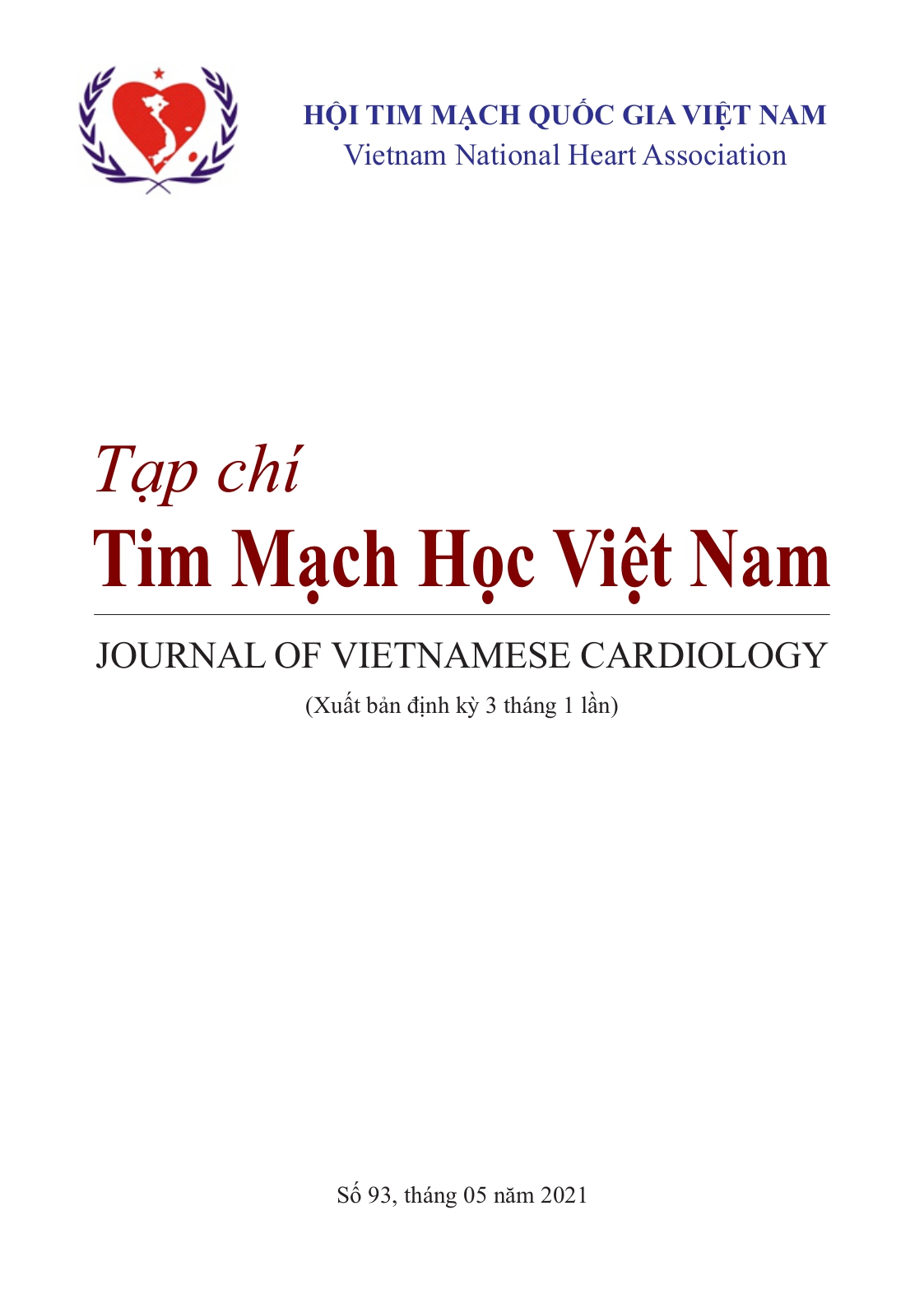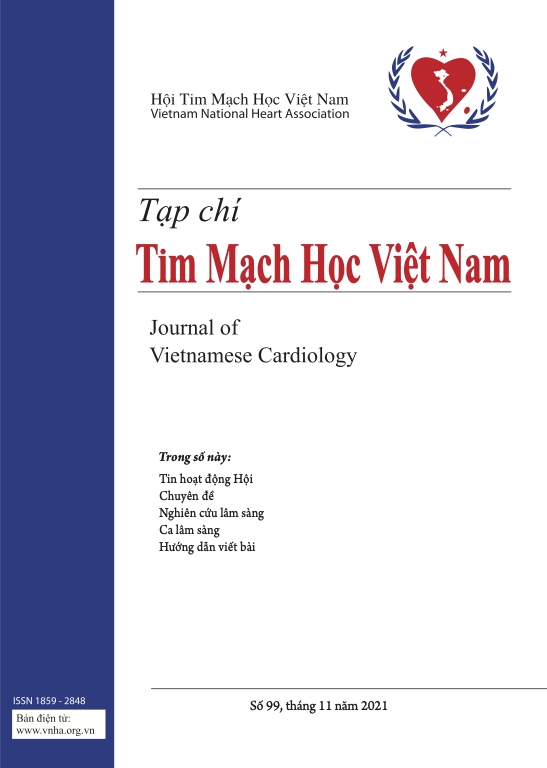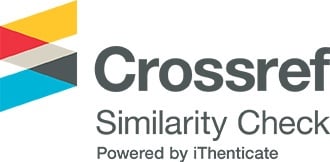Tăng huyết áp trong bệnh COVID-19: hệ ACE có làm tăng nguy cơ lây nhiễm và tỷ lệ tử vong?
Tóm tắt
Nhiều nghiên cứu chỉ ra phần lớn bệnh nhân mắc COVID-19 là ở người trên 60 tuổi, bệnh có xu hướng tăng dần theo độ tuổi và nguy cơ tử vong cũng như số người tử vong cũng phần lớn là người lớn tuổi. Nhiều lý do để giải thích tình trạng này như suy giảm sức đề kháng, mang nhiều bệnh nền về chuyển hóa, tim mạch, thận-tiết niệu, bệnh hô hấp... Vậy những người lớn tuổi bị tăng huyết áp có phải là một trong những yếu tố làm tăng nguy cơ lây nhiễm và tỷ lệ tử vong do mắc COVID-19 hay không? Cho đến nay, vẫn chưa có bằng chứng cho thấy, tăng huyết áp có liên quan đến tăng nguy cơ mắc và tăng nguy cơ tử vong của COVID-19, cũng có thể việc sử dụng chất ức chế ACE hoặc ARB trong điều trị tăng huyết áp là có hại, hoặc là có lợi trong đại dịch COVID-19.
Ngay từ những tháng đầu tiện của đại dịch COVID-19, nhiều nghiên cứu dịch tễ học cho rằng tỷ lệ tăng huyết áp cao ở những người mắc bệnh COVID-19 dường như có liên quan đến việc tăng nguy cơ tử vong. Nhiều nghiên cứu chỉ ra phần lớn bệnh nhân mắc COVID-19 là ở người trên 60 tuổi, bệnh có xu hướng tăng dần theo độ tuổi và nguy cơ tử vong cũng như số người tử vong cũng phần lớn là người lớn tuổi [1]. Nhiều lý do để giải thích tình trạng này như suy giảm sức đề kháng, mang nhiều bệnh nền về chuyển hóa, tim mạch, thận-tiết niệu, bệnh hô hấp... Vậy những người lớn tuổi bị tăng huyết áp có phải là một trong những yếu tố làm tăng nguy cơ lây nhiễm và tỷ lệ tử vong do mắc COVID-19 hay không?
Tài liệu tham khảo
1. Wu C, Chen X, Cai Y, et al. (2020). Risk factors associated with acute respiratory distress syndrome and death in patients with coronavirus disease 2019 pneumonia in Wuhan, China. JAMA Intern Med, published online 13 March (doi:10.1001/jamainternmed.2020.0994).
![]()
2. Fox, Dan (2020). “What you need to know about the Wuhan coronavirus”. Nature. ISSN 0028-0836.
![]()
Bunyavanich S, Do A, Vicencio A. Nasal gene expression of angiotensin-converting enzyme 2 in children and adults. JAMA 2020 May.
![]()
3. Vaduganathan M, Vardeny O, Michel T, et al. (2020). Renin-angiotensin-aldosterone system inhibitors in patients with Covid-19. N Engl J Med;382:1653–1659.
![]()
4. Wang Z, Chen Z, Zhang L, et al. (2018). Status of hypertension in China: results from the China Hypertension Survey, 2012-2015. Circulation;137:2344–2356.
![]()
5. Zhou F, Yu T, Du R, et al. (2020). Clinical features of patients infected with 2019 novel coronavirus in Wuhan, China. Lancet; 395:497–506.
![]()
6. Wu C, Chen X, Cai Y, et al. (2020). Risk factors associated with acute respiratory distress syndrome and death in patients with coronavirus disease 2019 pneumonia in Wuhan, China. JAMA Intern Med, published online 13 March (doi:10.1001/jamainternmed.2020.0994).
![]()
7. Gaetano Ruocco et al. Hypertension prevalence in human coronavirus disease: the role of ACE system in infection spread and severity. International Journal of Infectious Diseases 95 (2020) 373–375.
![]()
8. Arnett DK, Blumenthal RS, Albert MA, et al. (2019). ACC/AHA Guideline on the Primary Prevention of Cardiovascular Disease. J Am Coll Cardiol;74:e177–232.
![]()
9. Hoffmann M, Kleine-Weber H, Schroeder S, et al. (2020). SARS-CoV-2 cell entry depends on ACE2 and TMPRSS2 and is blocked by a clinically proven protease inhibitor. Cell; 181:1–10.
![]()
10. Furuhashi M, Moniwa N, Mita T, et al (2020). Urinary angiotensin-converting enzyme 2 in hypertensive patients may be increased by olmesartan, an angiotensin II receptor blocker. Am J Hypertens 2015; 28:15–21.
![]()
11. Imai Y, Kuba K, Rao S, et al. (2020). Angiotensin-converting enzyme 2 protects from severe acute lung failure. Nature; 436:112–116.
![]()
12. Phadke M, Saunik S. (2020). Rapid response: use of angiotensin receptor blockers such as Telmisartan, Losartsan in nCoV Wuhan Corona Virus infections—novel mode of treatment. Response to the emerging novel coronavirus outbreak. Br Med J; 368:m406.
![]()
13. Zheng YY, Ma YT, Zhang JY, Xie X. (2020). COVID-19 and the cardiovascular system. Nat Rev Cardiol, published online 5 March. (doi:10.1038/s41569-020-0360-5).
![]()
14. Gurwitz D. (2020). Angiotensin receptor blockers as tentative SARS-CoV-2 therapeutics. Drug Dev Res 2020, published online 4 March; doi: 10.1002/ddr.21656.
![]()
15. Batlle D, Wysocki J, Satchell K. (2020). Soluble angiotensin-converting enzyme 2: a potential approach for coronavirus infection therapy? Clin Sci (Lond); 134:543–545.
![]()
16. Mancia G, Rea F, Ludergnani M, Apolone G, Corrao G. Renin–angiotensin–aldosterone system blockers and the risk of covid-19. N Engl J Med. 2020;382:2431–2440.
![]()
17. Reynolds HR, Adhikari S, Pulgarin C, Troxel AB, Iturrate E, Johnson SB, et al. Renin–angiotensin– aldosterone system inhibitors and risk of covid-19. N Engl J Med. 2020;382:2441–2448.
![]()
18. Mehta N, Kalra A, Nowacki AS, Anjewierden S, Han Z, Bhat P. Association of use of angiotensin- converting enzyme inhibitors and angiotensin II receptor blockers with testing positive for coronavirus disease 2019 (COVID-19). JAMA Cardiol. 2020;5:1020–1026.
![]()
Tải xuống
Đã Xuất bản
Các phiên bản
- 05-03-2023 (2)
- 05-03-2023 (1)








